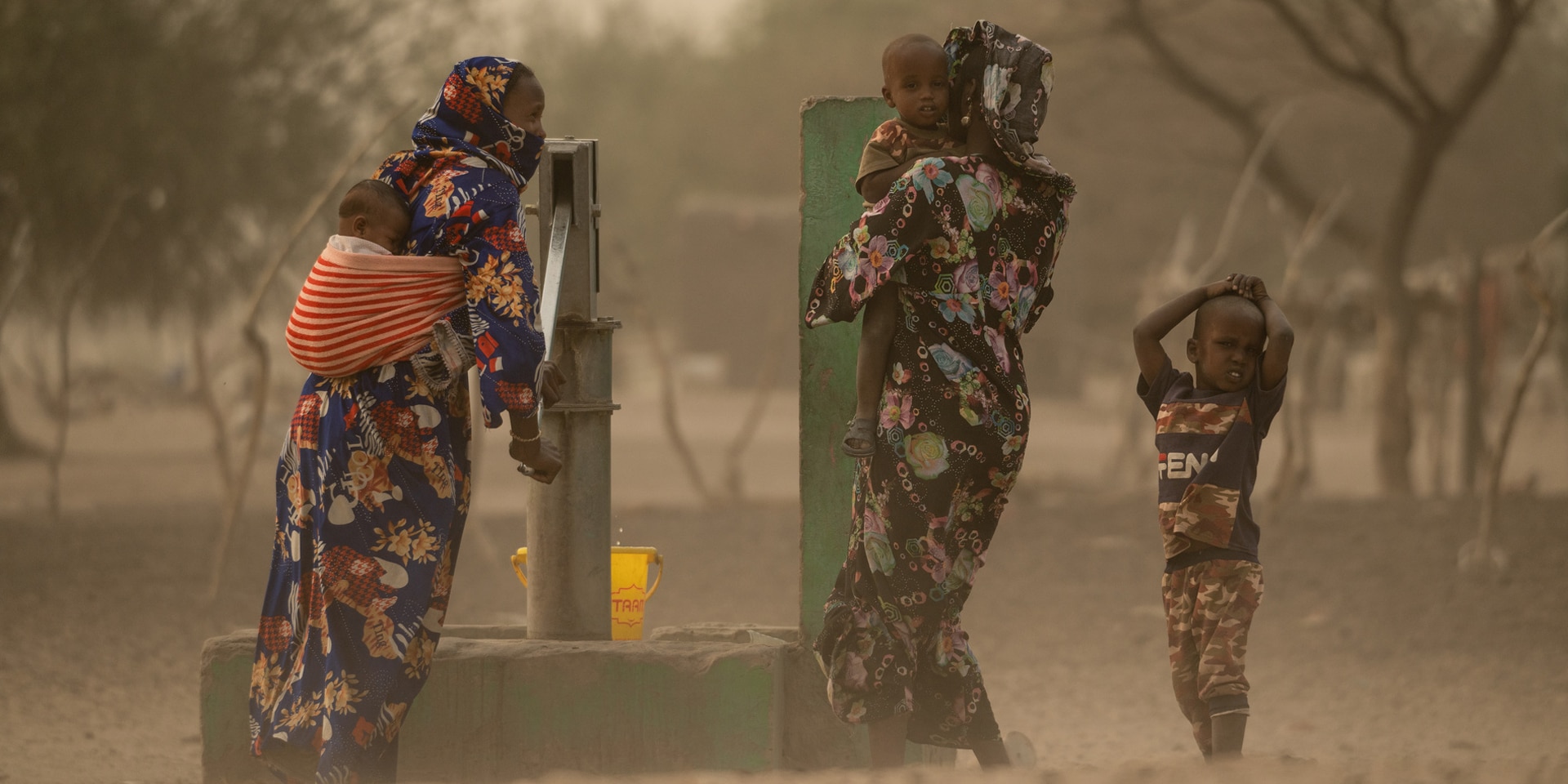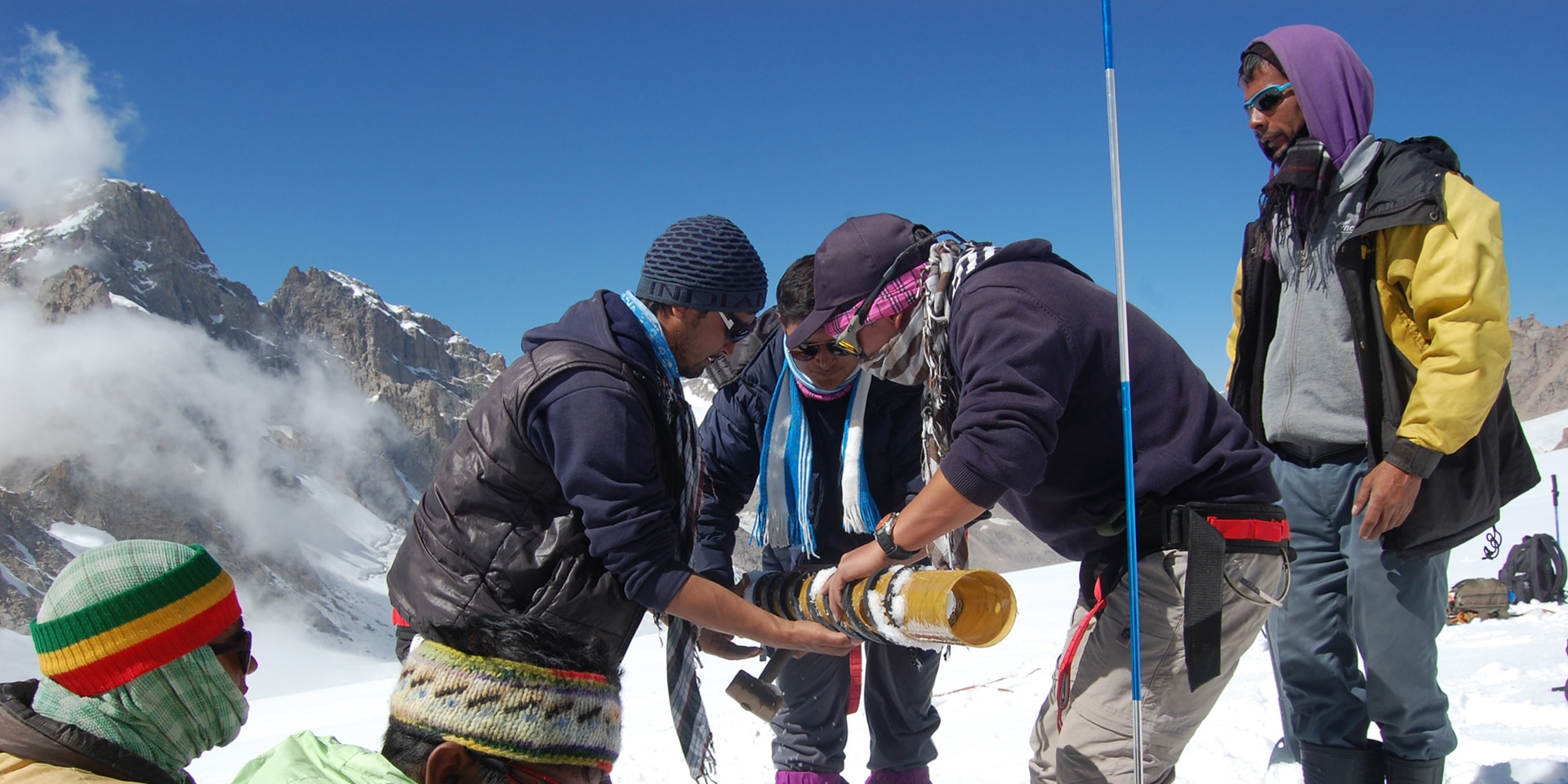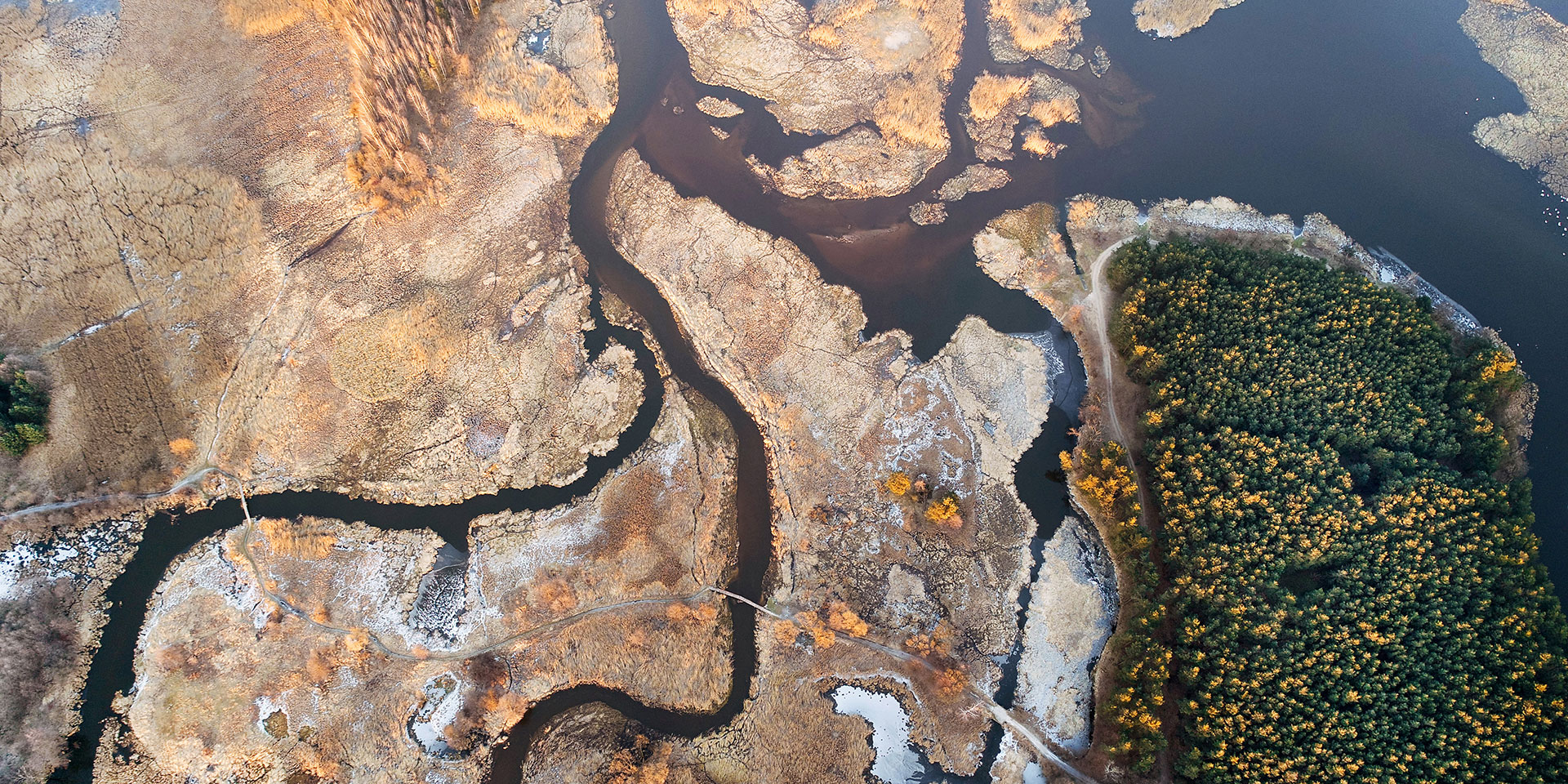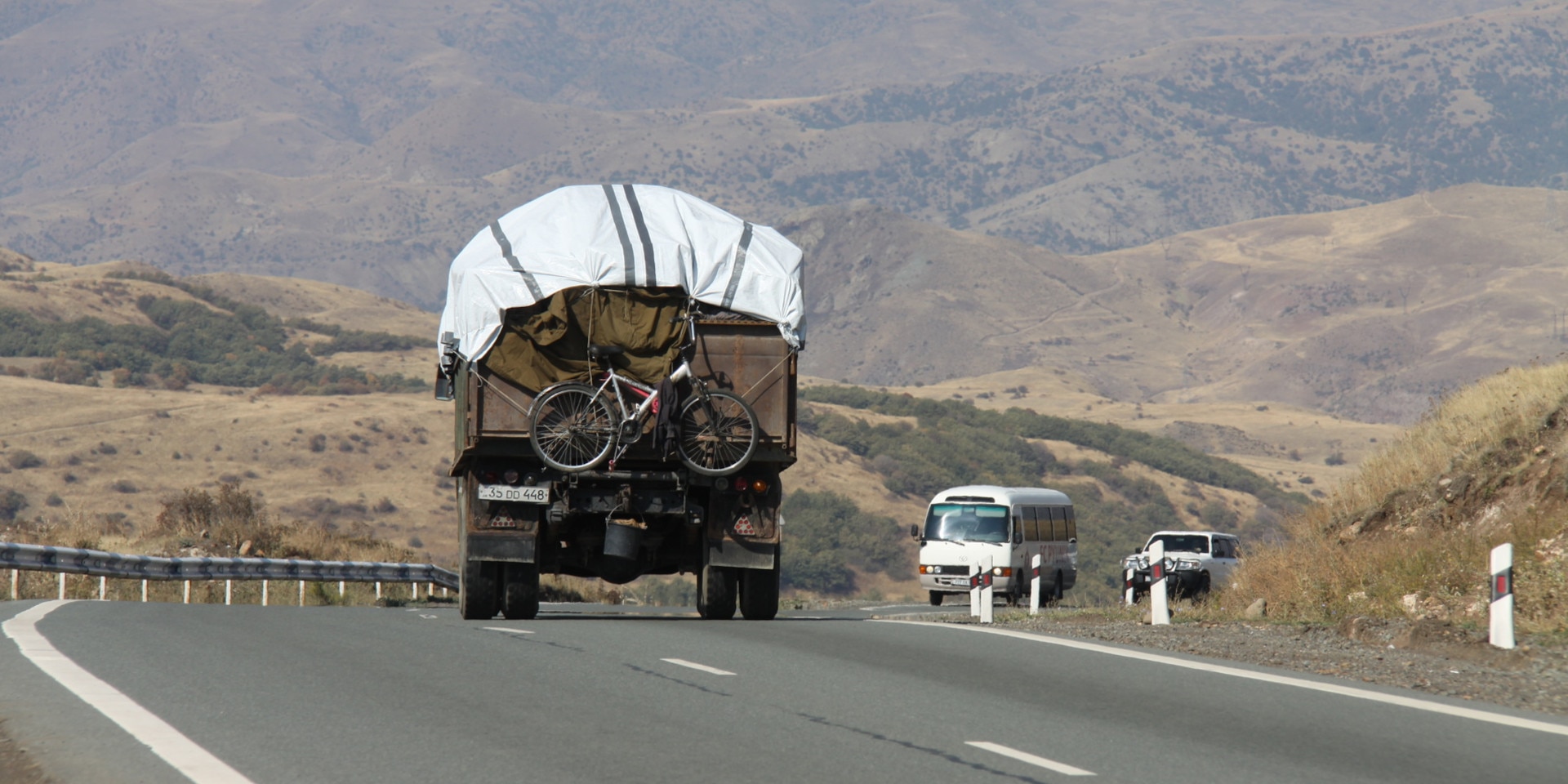UN Security Council focuses on development cooperation and peacebuilding
Reducing inequalities and bolstering the resilience of communities in conflict regions are key to promoting sustainable peace. Switzerland lends its expertise in this area to the UN Security Council, with the work of the SDC on the ground playing a pivotal role.

An SDC project in Chad is enhancing the population's access to water, thereby reducing the risk of conflict. © Keystone
On 20 November, the UN Security Council will hold an open debate on the link between development cooperation and peacebuilding. This link has long been a focus of Switzerland's international cooperation. Switzerland contributes its expertise to the discussions in the Council brings its expertise to the discussions to underline that a state's economic development does not automatically lead to peace. What is needed instead is to address social inequalities and strengthen the resilience of communities. Achieving peaceful coexistence also requires dialogue between different population groups and between citizens and decision-makers. The gains made through this process must be consolidated through political dialogue with local authorities. Furthermore, Switzerland has been seconding peace and development advisers to the UN since 2016. These advisers act as a bridge between the UN's peace and development activities in the field, supporting local actors in the prevention of violent conflict. The following section provides examples of the SDC's substantial contribution to peace and security in the Sahel and the Horn of Africa.
Access to water on the Chad–Sudan border
For over ten years, the SDC has been working with the government of Chad to implement a project in the region on the border to Sudan that makes an important contribution to peacebuilding through development cooperation. This part of the Sahel region has been a flashpoint for armed conflicts for many years and is a regular topic of discussion in the Security Council. Climate change and access to natural resources are key drivers of armed conflict. Climate change is a risk multiplier, i.e. it has the potential to exacerbate existing political, social and economic problems, thereby triggering or reigniting conflicts. Recognising this issue, Switzerland has identified 'addressing climate security' as one of its four thematic priorities for its term on the Security Council in 2023–24.
Climate change is also depleting water resources in the border region between Chad and Sudan. An SDC project in this region is improving access to this vital resource for the most vulnerable communities. Thanks to this Swiss initiative, arable land has been made available for use by the local population. The SDC project has also ensured the long-term availability of groundwater reserves, which are vital for people and livestock. This has improved the food security of over one million women, men and children who raise livestock and farm the land. By facilitating communication between all affected communities on issues of equitable water distribution, the project contributes effectively to reducing the potential for conflict in the region.
Crisis resilience in the Horn of Africa
The impact of climate change on peace and security is also felt in the Horn of Africa. Repeated droughts and flooding, protracted conflicts and violent extremism have resulted in a humanitarian emergency in the region. The SDC is involved in both humanitarian aid and peacebuilding activities on the ground, with the aim of mitigating the multifaceted challenges and making local communities more resilient to crises.
In Somalia, for example, the SDC has been supporting the Somalia Resilience Programme (SomReP) for nearly ten years. Until 2017, humanitarian measures such as water transport and the distribution of food vouchers to people in need were at the heart of the programme's activities. Over the years, this cooperation has evolved into a strategic partnership aimed at strengthening the resilience of the local population. SomReP collaborates with local authorities, civil society and the private sector to develop early warning systems to reduce disaster risks associated with climate change and to establish agricultural value chains and market systems that are open to all segments of society. In this way, the SDC is creating prospects on the ground that can curb migration and reduce the potential for conflict throughout the region.
South Sudan is another example of the SDC's commitment to peace and security in the Horn of Africa. In the video, Dong Ghai, programme manager at the Swiss cooperation office in Juba, explains how Switzerland is contributing to conflict prevention in the country.



